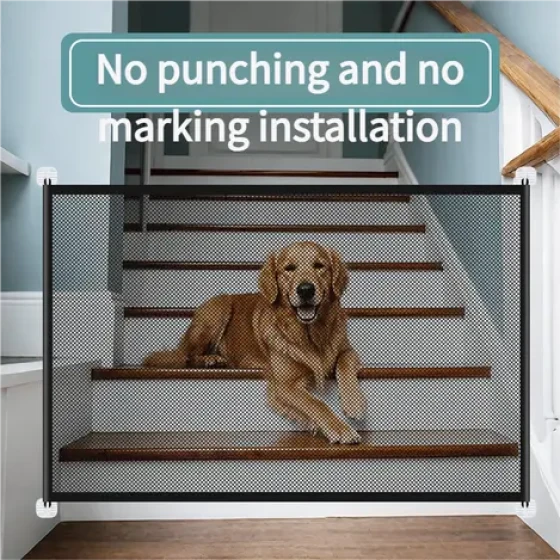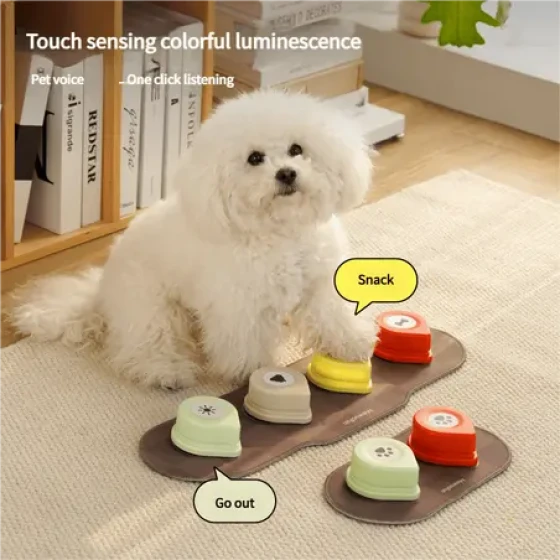What to Do If Your Dog Does Not Obey Your Commands

If the training effect is poor, first consider whether there are problems with your training commands and methods
Training effectiveness depends greatly on the owner’s training methods and also significantly on whether the dog cooperates. Some dogs completely ignore their owner's commands, and when owners witness this, they tend to intensify the tone of their commands and repeatedly issue orders. However, this approach does not help the dog's training; on the contrary, it makes the dog increasingly disregard these commands.
Even well-trained dogs with high self-control and obedience can ignore commands and lose control when emotionally excited (including excitement, anger, nervousness, or fear) and if they are beyond an effective distance. For example, if the leash is released and the dog cannot be recalled, or after being unrestrained, the dog’s emotions are intense and it is beyond effective range, plus other distractions in the environment, naturally it is difficult to be directed or controlled. Unless tools to control the dog, like a leash, are used, but surely no one would use an absurdly long leash on a dog.
Also, it is important that training commands be as brief as possible. Dogs do not have particularly good memory; overly complicated commands are difficult for dogs to remember, while short commands are easy to remember and less likely to be confused. If the dog cannot remember the commands, it will naturally ignore them, which not only affects the owner’s training mood but also decreases the dog’s obedience.
Invalid or failed commands cause conflict and offset the previously established effective command authority of the owner, even nullifying previous efforts; it also leads to a vicious cycle that makes it harder to restrain and control the dog.

Do not make your dog's training commands too complicated
Dogs are persistent animals, fixated on the realization of their desires. Their consciousness exists in every moment, so we say that if you want to correct a dog’s mistake, you must catch them in the act, not punish after the fact. Otherwise, the dog will be confused about why they were punished and will not know what mistake they made, making correction ineffective. Some dogs may become anxious due to the owner’s unfounded reproaches.
Therefore, if we are not sure what commands are appropriate, we should not speak casually. If failures occur repeatedly, training the same behavior again will become relatively troublesome. Owners must have a correct educational mindset; sometimes poor dog behavior is not the dog's fault. In most cases, poor training results are closely related to the owner's training methods. So, do not rush to criticize the dog or make trouble for it; first, consider whether your commands and training methods have shortcomings. Correcting these improper methods before the dog forms habits will reduce their impact on the dog.
In summary, a dog’s failure to obey commands may be because the commands themselves are too complicated or the training methods have problems. Also, if your dog is indifferent to your commands or other sounds, it is best to check whether your dog’s ears have any issues.



